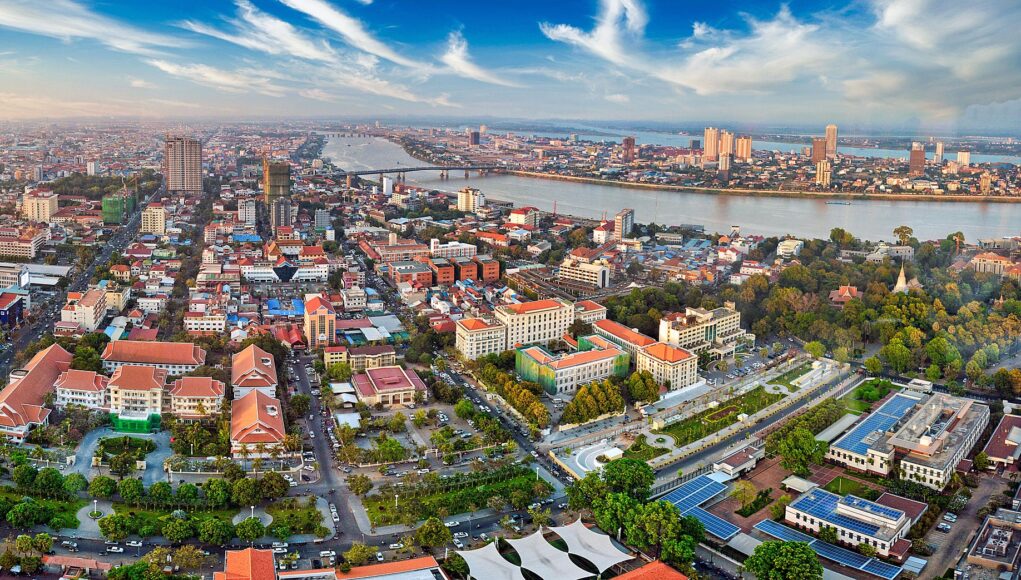Thailand and Vietnam have proven to be Southeast Asia’s preferred destinations for overseas firms over the years. Competition was expected to come from Indonesia with the passage of the Omnibus Law but the legal struggles of that legislation have opened the door for others. Most recently, Cambodia has stated its case for foreign investment.
In March, the country was removed from the Financial Action Task Force’s (FATF) Money Laundering Grey List. Ky Sereyvath, Economics Researcher at the Royal Academy of Cambodia, told the Khmer Times that foreign investors were reluctant to invest in the country while it was on the grey list due to a fear that trade restrictions could be implemented and a difficult process for financial transactions.
This comes at an interesting time for Cambodia. It has been one of the biggest beneficiaries of China’s Belt and Road Initiative with more than US$15 billion of infrastructure investment taking place between 2012-2017. No longer being on the Money Laundering Grey List combined with improved infrastructure should help it attract more diverse foreign investment.
“The Royal Government of Cambodia welcomes foreign investment by opening the door to investors from all countries in all fields without discrimination. In particular, the Cambodian Investment Law provides an open, transparent incentive to all investors, guaranteeing and protecting investment without discrimination,” Sok Chenda Sophea, Deputy Prime Minister and Secretary-General of the Council for the Development of Cambodia (CDC), explained.
To that point, there are a number of reasons Cambodia is an attractive destination for foreign investment. For starters, 100 percent foreign ownership of a company is allowed. Secondly, the country boasts one of the lowest corporate tax rates in Southeast Asia.
However, the most enticing factor for many foreign companies will be the tax exemptions or special tax depreciation available for qualified investment projects. It should be noted that this is primarily focused on the manufacturing sector and coincides with the country’s push to bring in more automotive and electronics makers.
Related: Why has Sihanoukville real estate become a Chinese investment destination?
Interesting Analysis
A case can be made for Cambodia when it comes to foreign investment. Infrastructure is certainly much better now than it was ten years ago and there are plenty of regulations to support overseas companies. That being said, risks do remain which makes both Thailand and Vietnam the safer options.
It will be interesting to see if any big names do make a move as this could see others gain more confidence when it comes to investing in Cambodia. The country has already reached out to the Japanese business community and also has ties to South Korea which it will lean into.
Keep Reading: Cambodia finds new ways to support tech startups


































